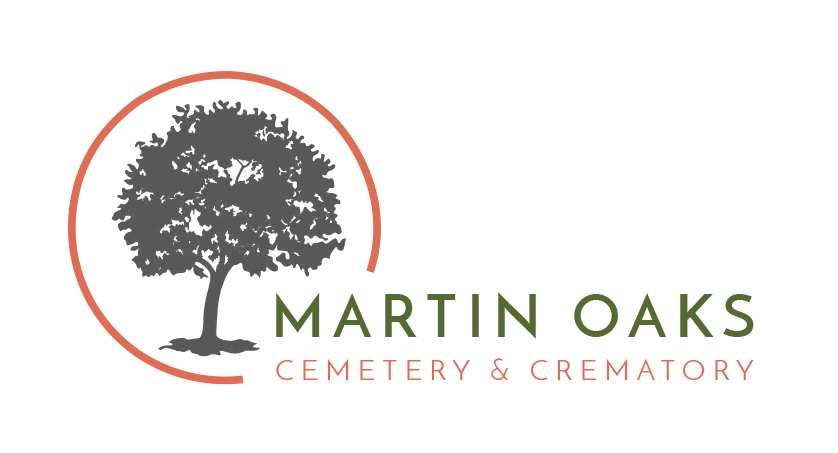Natural Organic Reduction: The Pros, Cons, and Its Potential Legality in Texas
Also Knows as Human Composting
Natural Organic Reduction (NOR), also known as human composting, is an innovative and eco-friendly method of body disposition that has gained popularity in recent years. The process involves transforming human remains into nutrient-rich soil, offering an alternative to traditional burial and cremation. This blog explores the pros and cons of NOR and examines the potential for its legalization in Texas.
Pros of Natural Organic Reduction
Conservation of Resources
NOR uses fewer resources compared to conventional burial and cremation. It does not require caskets, vaults, or large amounts of land. Instead, it utilizes biodegradable materials and a controlled environment to facilitate the natural decomposition process, conserving both land and materials.
Environmental Benefits
One of the most significant advantages of NOR is its minimal environmental impact. Traditional burial practices involve embalming chemicals that can leach into the soil, and cremation releases carbon dioxide and other pollutants into the atmosphere. NOR, on the other hand, reduces the carbon footprint by avoiding harmful chemicals and emissions.
Cost-Effective
NOR can be more cost-effective than traditional burial and cremation. It eliminates the need for expensive caskets, burial plots, and headstones. Additionally, the process can be carried out in specialized facilities designed to handle multiple reductions simultaneously, potentially lowering the overall cost.
Soil Enrichment
The end product of NOR is nutrient-rich soil that can be used to nourish plants and trees. This soil is free from harmful chemicals and rich in organic matter, making it an excellent addition to gardens and landscapes. It offers a meaningful way for families to honor their loved ones by contributing to the growth of new life.
Cons of Natural Organic Reduction
Regulatory Hurdles
The legalization and regulation of NOR can be complex. Each state has its own laws and regulations regarding body disposition, and changing these laws to accommodate NOR requires legislative action. This process can be time-consuming and face opposition from various stakeholders.
Cultural and Religious Acceptance
One of the primary challenges facing NOR is the cultural and religious acceptance of the practice. Many cultures and religions have specific rituals and beliefs surrounding death and body disposition. NOR may not align with these traditions, making it less acceptable for certain communities.
Public Perception
Public perception of NOR can vary widely. Some people may view the process as unnatural or unsettling. Education and awareness campaigns are necessary to help the public understand the benefits and realities of NOR, but changing deeply ingrained perceptions can take time.
Limited Availability
Currently, NOR is only available in a few states, including Washington and Colorado. The limited availability means that individuals interested in this option may need to travel or wait for the process to become more widely accepted and accessible.
The Potential for Legalization in Texas
Texas has not yet legalized NOR, but the state's growing interest in sustainable and eco-friendly practices could pave the way for its acceptance. Several factors will influence the potential legalization of NOR in Texas:
Legislative Action
For NOR to become legal in Texas, the state legislature would need to pass a bill allowing the practice. This process involves drafting, debating, and voting on legislation, which can be a lengthy and contentious process. Support from environmental groups, funeral industry professionals, and the general public could help drive this change.
Public Support
Public support is crucial for the legalization of NOR in Texas. As more people become aware of the environmental benefits and cost savings associated with NOR, they may advocate for its acceptance. Grassroots campaigns, educational initiatives, and media coverage can all play a role in building public support.
Industry Readiness
The funeral industry in Texas would need to prepare for the implementation of NOR. This includes training professionals, developing facilities, and establishing protocols to ensure the process is carried out safely and respectfully. Collaboration between industry stakeholders and regulatory bodies is essential for a smooth transition.
Natural Organic Reduction offers a sustainable and eco-friendly alternative to traditional burial and cremation, with numerous environmental and economic benefits. However, its acceptance faces cultural, regulatory, and public perception challenges. In Texas, the path to legalization will depend on legislative action, public support, and industry readiness. As awareness and interest in sustainable practices grow, NOR may become a viable option for Texans seeking a greener way to honor their loved ones.
By exploring the pros and cons of NOR and understanding the steps required for its legalization, we can better appreciate the potential impact of this innovative practice on our environment and society.

